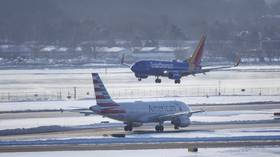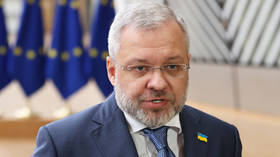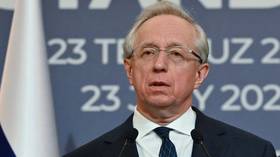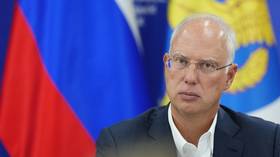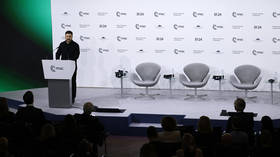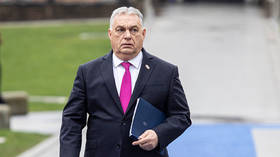Afghan war costs American taxpayers $4 million per hour – study
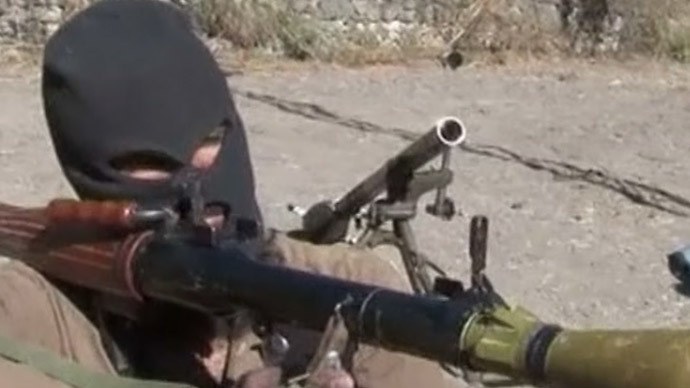
New data shows that America’s war in Afghanistan is costing taxpayers roughly $4 million an hour, despite the Obama administration’s drawdown of troops leaving only 10,000 soldiers in the country.
Despite the colossal cost, the Obama administration and Afghan leadership both recognize the war will only end with peace negotiations, according to observers.
More than $700 billion has been spent on the Afghan war since the George W. Bush administration authorized the invasion in 2001, including more than $35 billion in fiscal year 2015, according to figures from the National Priorities Project, a non-profit, non-partisan federal budget research group.
The initial budget for the Afghan war was over $20 billion for 2001/02. The budget dropped to $14 billion over the next two years as spending was shifted to the war in Iraq. Expenditures on the Afghan war took a back seat to Iraq war spending before ballooning to more than $100 billion in 2010 when the cost of the Iraq war began to decline. Spending in Afghanistan continued to top $100 billion annually until 2013, when it began falling by increments of $10 billion, finally reaching the current budget of $35 billion.
The cost of deploying just one solider in Afghanistan is approximately $1 million a year, far higher than the $390,000 congressional researchers estimated in 2006, according to a New York Times article. Military analysts said the increase in expenditure reflects a surge in the cost of mine-resistant troop carriers and surveillance equipment. Unique to Afghanistan is the additional cost of as much as $400 a gallon to deliver fuel to troops moving through mountainous terrain.
Even so, the $700 billion price tag for the Afghan War is misleading, according to NPP, as it doesn’t include a full accounting of all the costs of the war. Missing is potential future spending on medical care for wounded soldiers and veterans. Additionally, the budget doesn’t include interest payments on national debt resulting from war spending.
READ MORE: 'Al-Qaeda was terrorism version 1, ISIS is version 6’ – Afghan President Ghani to RT
NPP uses research from the Congressional Research Service as well as assessment and budget documents from relevant federal agencies to compile their data.
Harvard economist Linda Bilmes calculated in 2013 that the Afghan and Iraq wars have become “the most expensive wars in the US history,” with additional medical and care costs looming before the wars even end.
Since taking office in September, Afghan President Mohammed Ashraf Ghani has made it a priority to find a peace settlement with the Taliban. Peace talks between Afghan officials and Taliban representatives lasting one day have recently ended, with both sides agreeing to meet again after the Islamic holy month of Ramadan. American foreign policy observers say the next step will involve negotiations with the US.
“The government of President Ghani has been attempting for a while to engage in these talks, although it is politically controversial. This has been his position for some time and this has been the US position,” Phyllis Bennis, director of the New Internationalism Project at the Institute for Policy Studies, said to RT.
“The Obama administration has recognized for some time that eventually the only end to the war in Afghanistan is going to have to come with some kind of negotiations. The question is at what cost, and after how many more Afghanistan lives.”



